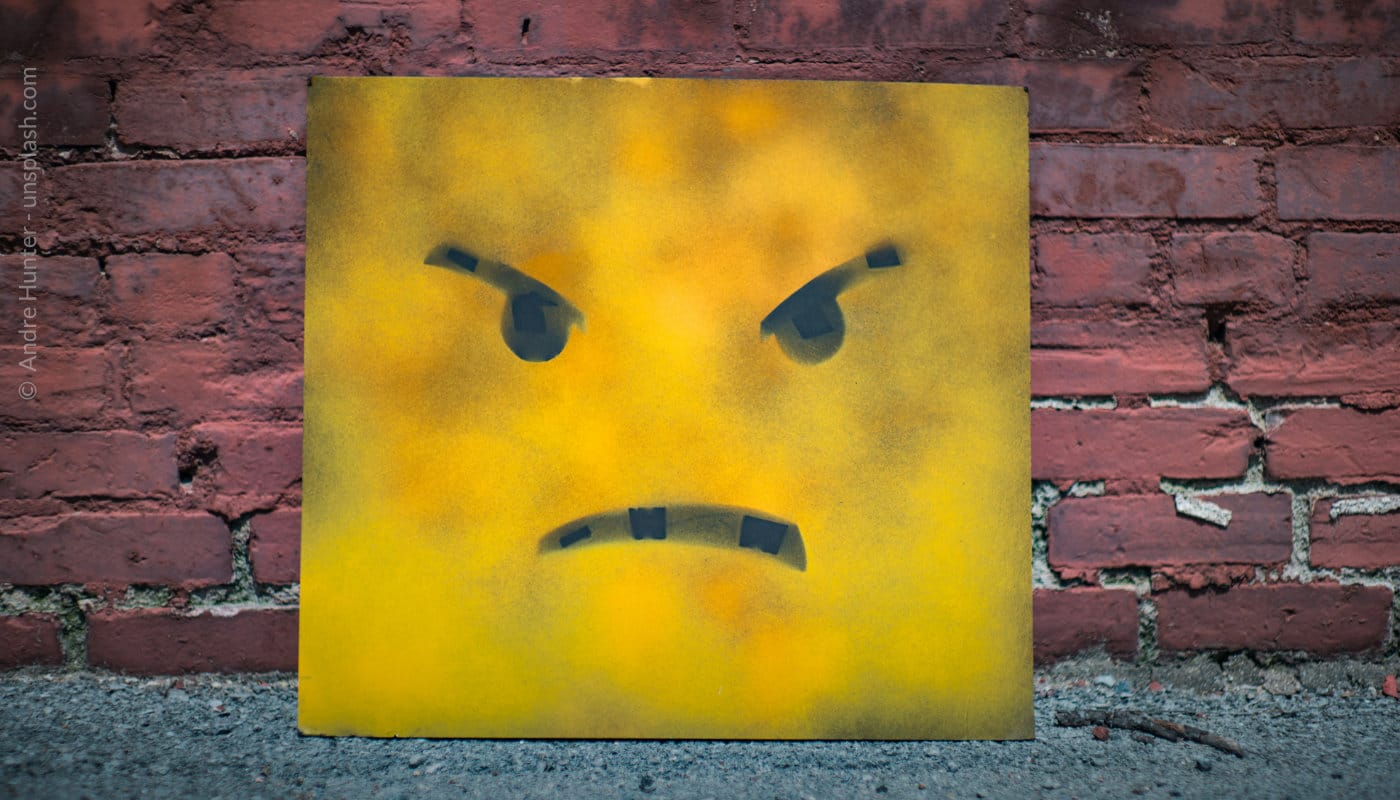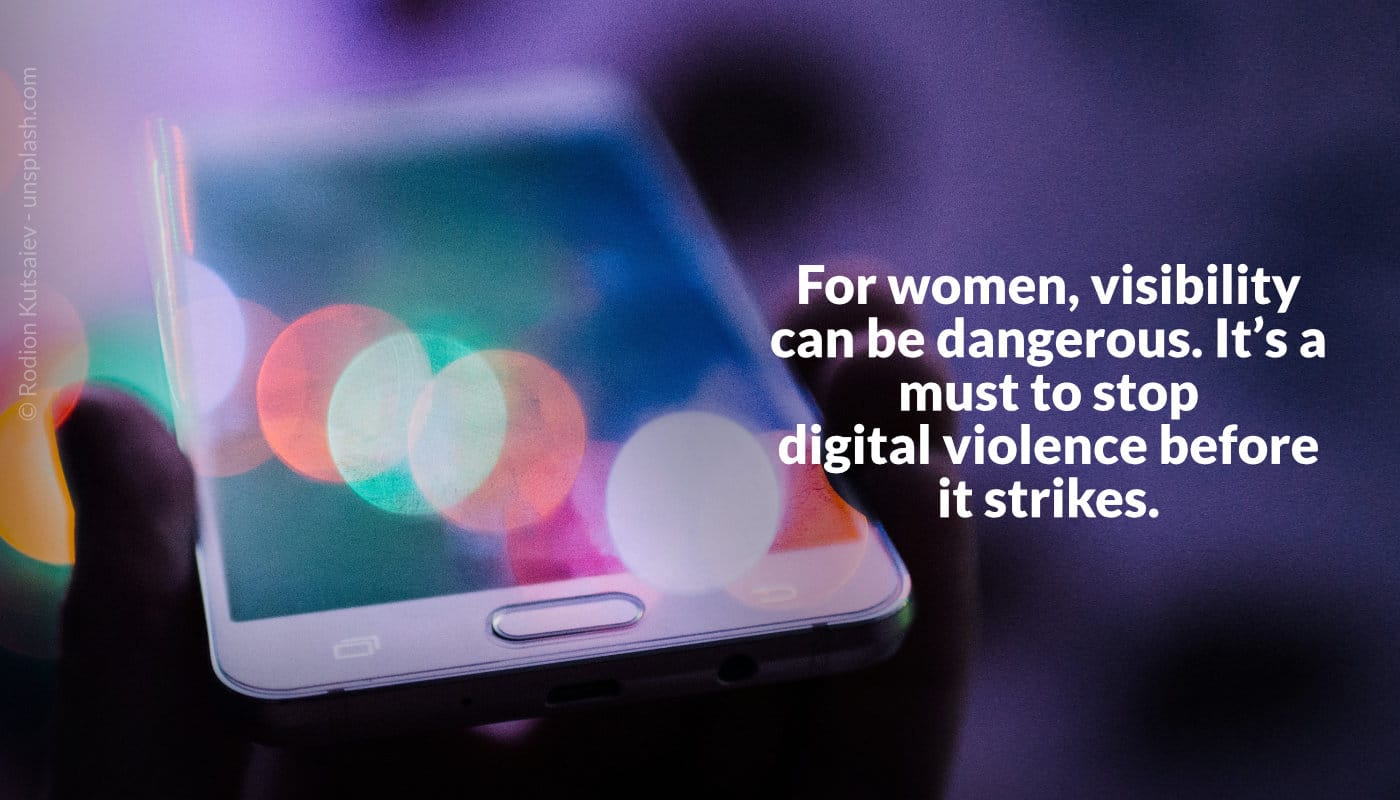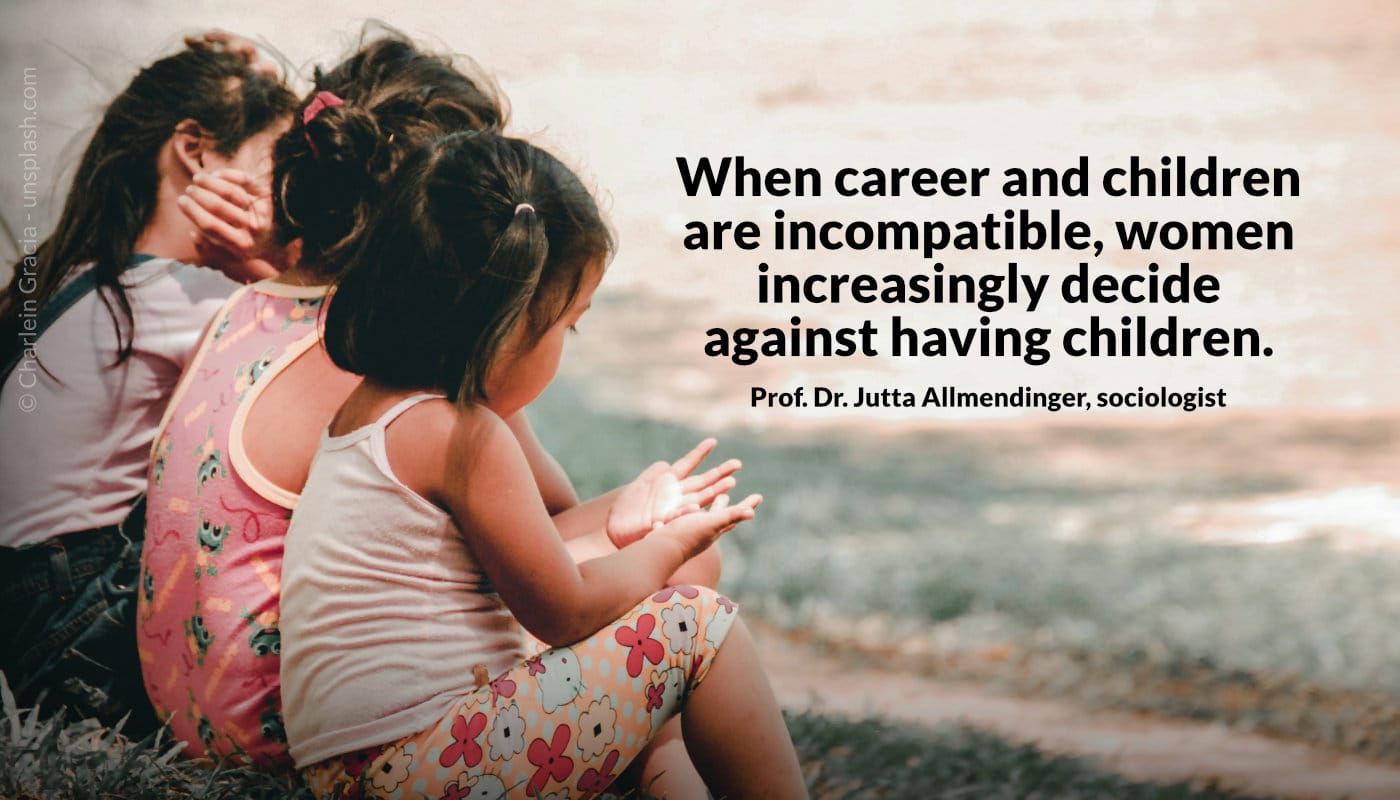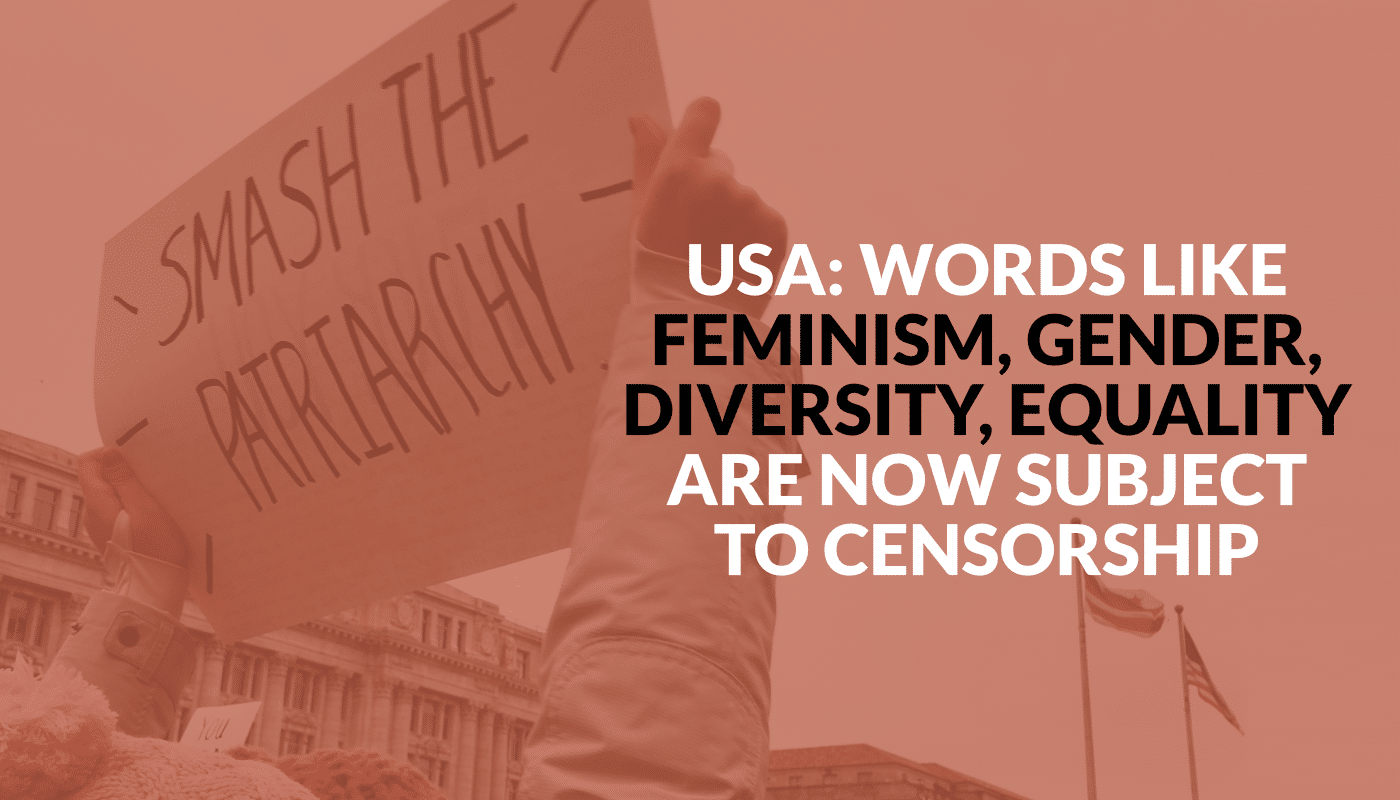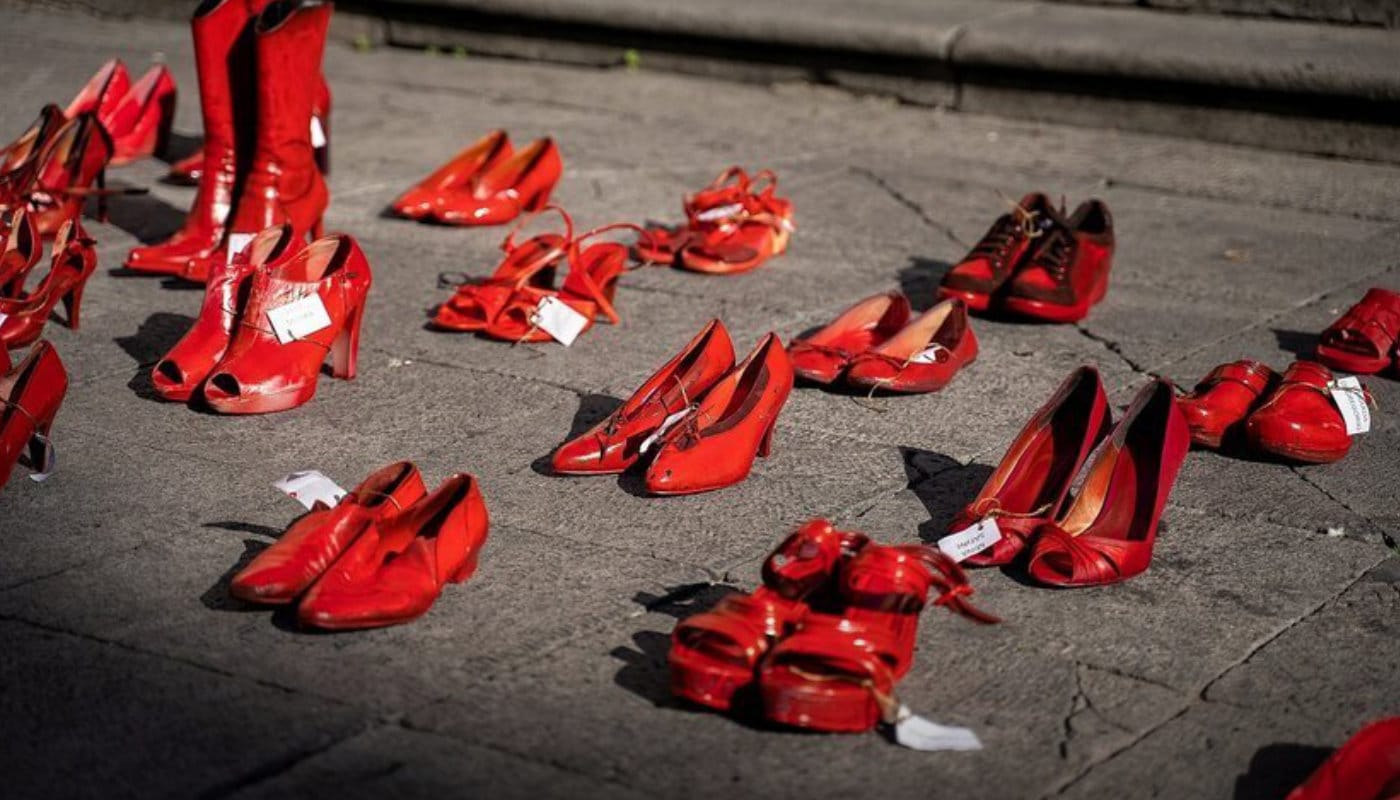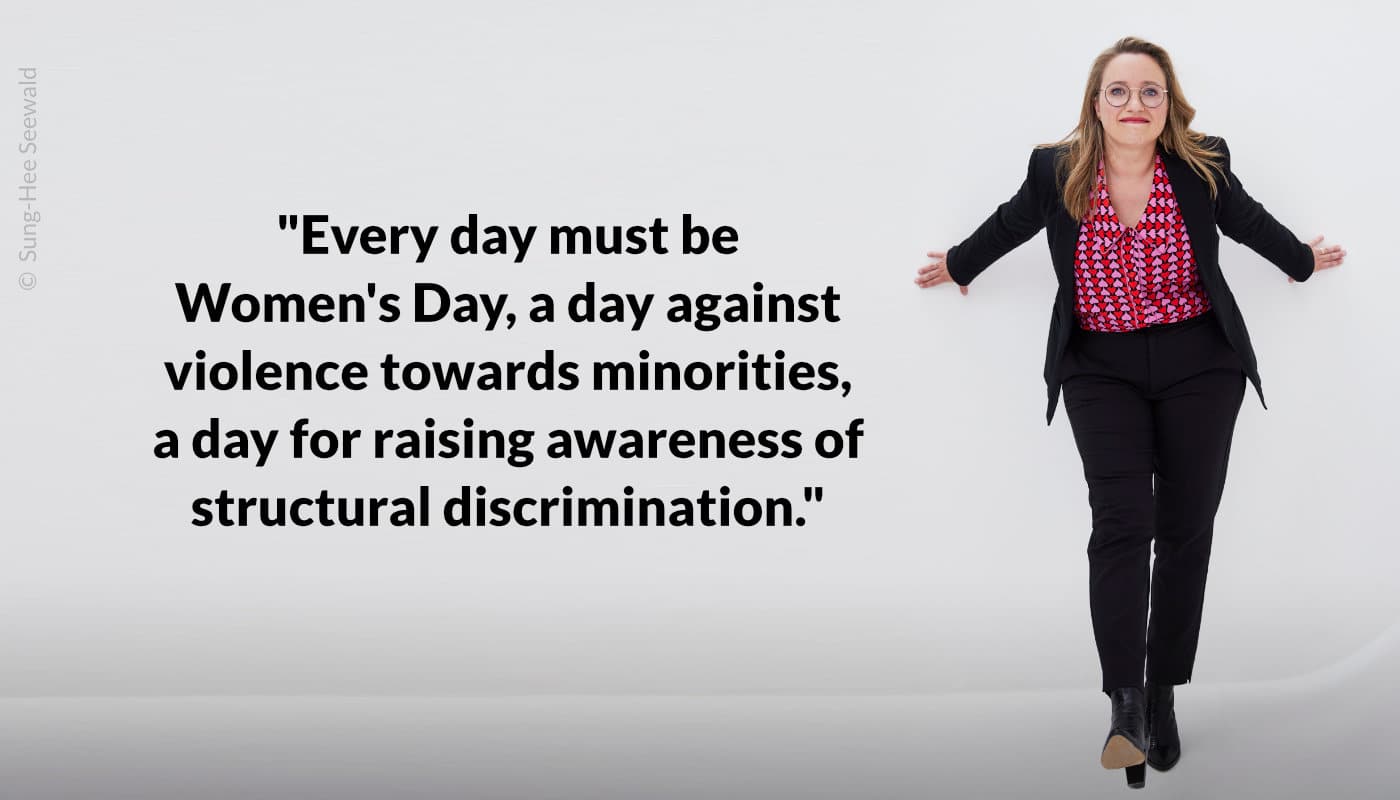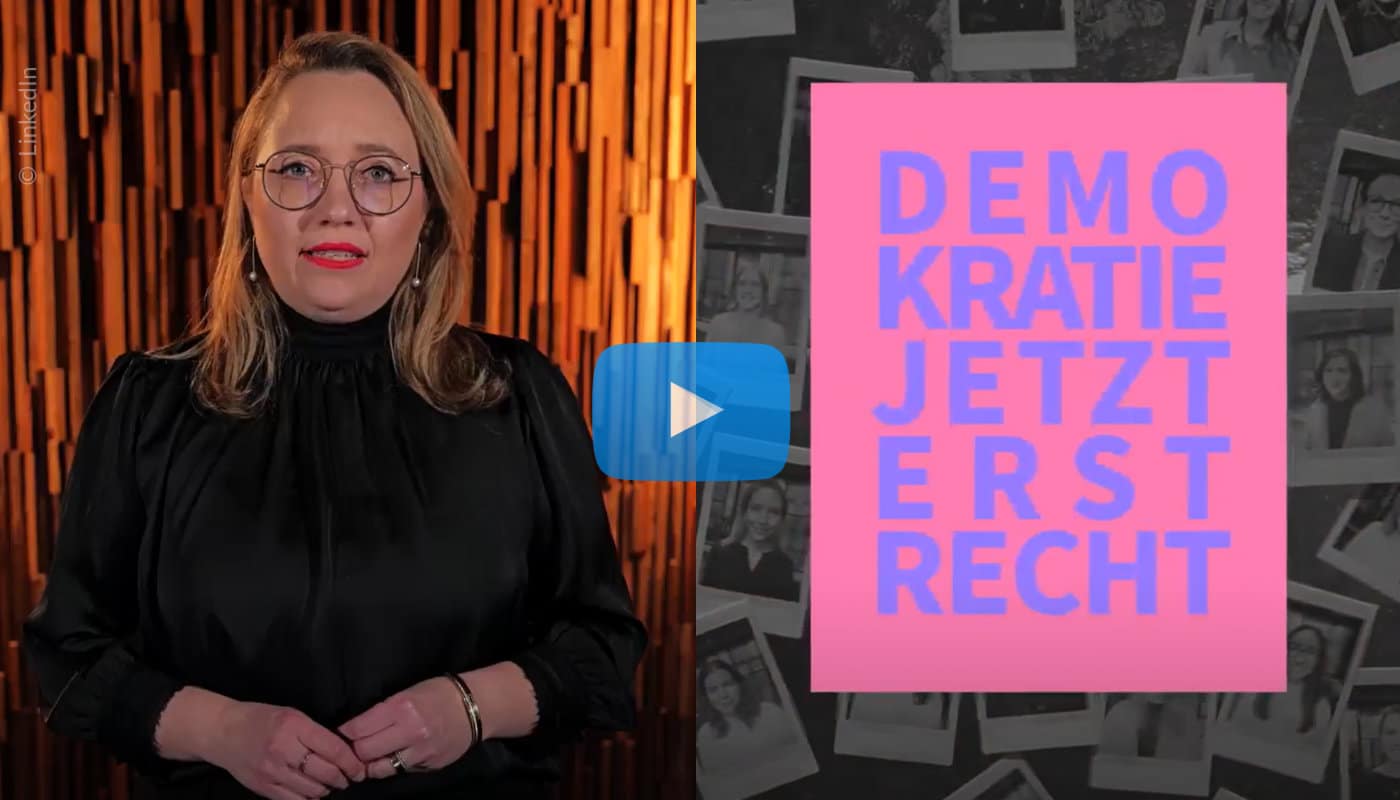Where women are visible in public and take a stand, they face hostility.
Do we have to accept this? Absolutely not! One woman who, together with her team, fights against it every day is Anna-Lena von Hodenberg from HateAid—a highly valued voice in the #herCAREER community! A podcast with her: Digital violence and online hate – What can we do? (Archive)
In collaboration with TUM, HateAid recently published a study surveying 1,114 politically engaged individuals. The findings reveal how digital violence deters people from taking on political responsibility.
“Shocking, but unfortunately not really surprising,” is how Anna-Lena von Hodenberg describes the results. “People are marked as targets online, with comments suggesting someone should ‘pay them a visit.’ For some, taking that step in real life doesn’t seem like a big leap anymore. (…) The hatred and lies that politically active people face are causing many to change how they engage in politics, make decisions, and communicate.” Some eventually withdraw completely.
Digital violence, therefore, threatens political participation—a crucial pillar of parliamentary democracy.
Following the February election, the proportion of women in the Bundestag fell by 2.4% to 32.4%. CDU MP Yvonne Magwas chose not to run again. For years, she had been increasingly targeted by hostility. “It takes an incredible amount of energy,” she told the Süddeutsche Zeitung. “At some point, you start asking yourself why you should keep putting up with it. I found myself asking that question more and more, especially since starting a family.”
Like many others affected, she feels abandoned—by the political system, law enforcement, the judiciary, and online platforms.
HateAid calls on those in power to take all necessary measures to protect politicians and other engaged individuals.
Gender quotas and targeted support within political parties can also help create protected spaces where women can engage safely.
In the Hamburg Parliament, the proportion of women will be nearly 49% after the election on March 2. Hamburg remains strong!

Posted by Natascha Hoffner,Founder & CEO of herCAREER | Recipient of the FTAfelicitas Award from Femtec.Alumnae e.V. | LinkedIn Top Voice 2020 | Editor of the “Women of the Year” books published by Callwey Verlag
published on LinkedIn on 13.03.2025
References:
- to the podcast, from the archive: Digitale Gewalt und Hass im Netz – Was können wir tun?
- https://www.sueddeutsche.de/politik/hass-hetze-soziale-medien-magwas-cdu-rueckzug-politik-li.3180662
- https://nachrichten.idw-online.de/2025/01/15/neue-studie-digitale-gewalt-schreckt-menschen-ab-politische-verantwortung-zu-uebernehmen
- https://www.destatis.de/DE/Presse/Pressemitteilungen/2025/03/PD25_N010_13.html
